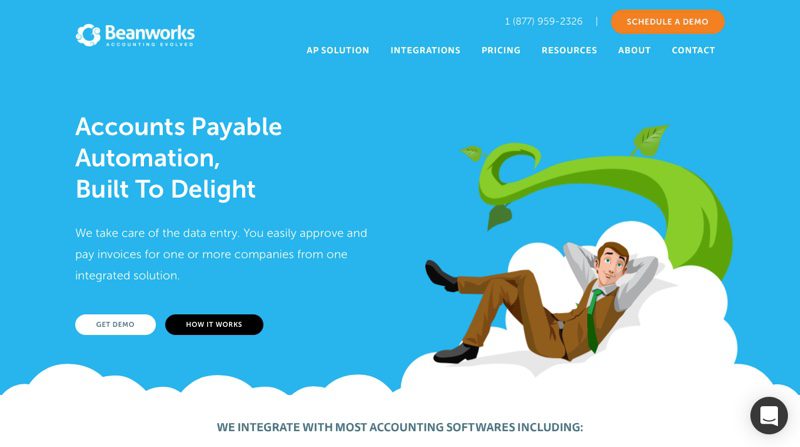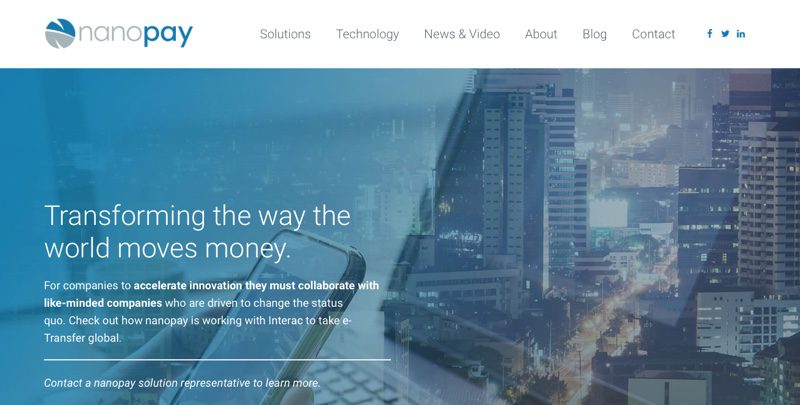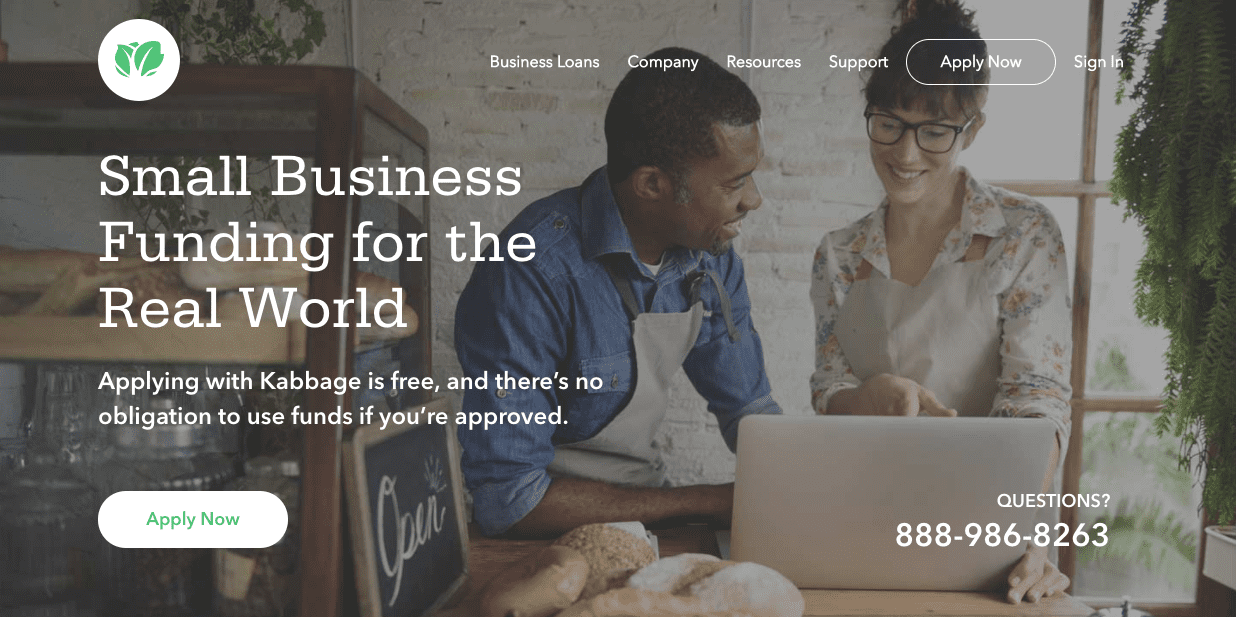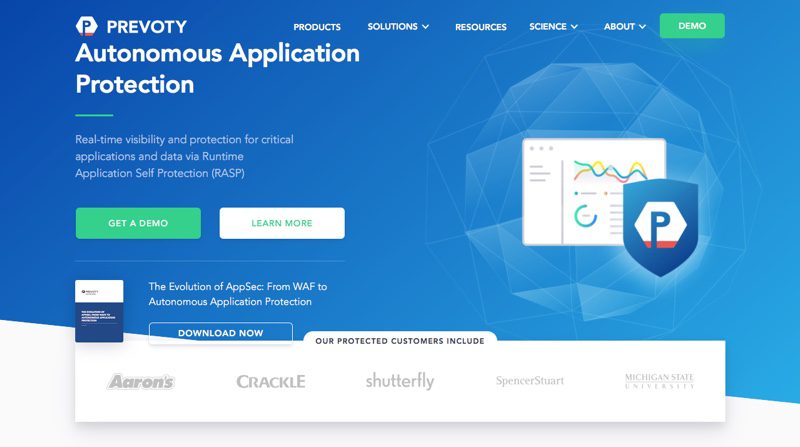Mobile wallet company Yoyo announced this week it has appointed Michael Rolph, one of the company’s co-founders, as CEO. Meanwhile, former Yoyo CEO Alain Falys has shifted into the role of the company’s chairman.
Prior to the appointment, Rolph had been serving as the company’s Chief Product Officer since January of 2016 and before assuming those responsibilities he had headed up sales and marketing efforts for Yoyo. The company noted that Rolph had been “instrumental” in bringing on large clients such as Caffè Nero and Planet Organic to Yoyo’s payment and loyalty marketing platform.
In his new role, Rolph will implement Yoyo’s strategic operations as it launches into a new phase of growth. And this is not a small task. In addition to aspiring to be the loyalty marketing platform of choice, the company is aiming for a 10x increase in transaction volume in the next 18 months. He noted that he and Falys will “continue to build on Yoyo’s foundation of profitable growth, as we secure new partnerships on the high street and move into an open banking world, becoming natural leaders in omni-channel loyalty marketing, whilst helping retailers super-charge the power of their data.”
In a blog post, Falys offered high praise for Rolph, saying, “Over the past four years, Michael and I have taken Yoyo from an idea to the point where it is now recognised as the leading retailer loyalty platform in the UK and, increasingly, internationally. The Yoyo team has achieved a great deal during that time, and under Michael’s leadership as CEO, our success will only continue to grow.”
In 2013, Falys co-founded the business with Rolph and David Nicholson and has since raised $30.3 million in total funding, including a $15 million Series B round closed in June. The Yoyo platform powers almost 2 million mobile transactions every month, a figure that represents 2.5x increase in usage over the past year. Rolph debuted Yoyo on stage at FinovateEurope 2015. The company currently serves more than 2,000 retailers across the U.K. and Ireland. Last month, Yoyo partnered with Starling to enable Starling members to earn rewards when they use their payment card at retailers that are partnered with Yoyo.
















 Kabbage is also announcing today it has appointed Robert Sharpe (pictured) as Chief Operating Officer. Sharpe brings 20 years of executive leadership experience from North America, Europe and Asia, and 10 years of commercial banking and corporate finance experience. In a statement, Sharpe said that he is “excited to contribute the benefits of these experiences to Kabbage’s mission of driving small business success.”
Kabbage is also announcing today it has appointed Robert Sharpe (pictured) as Chief Operating Officer. Sharpe brings 20 years of executive leadership experience from North America, Europe and Asia, and 10 years of commercial banking and corporate finance experience. In a statement, Sharpe said that he is “excited to contribute the benefits of these experiences to Kabbage’s mission of driving small business success.”
 Disney Company, and most recently, AutoGravity, to help further develop the company’s auto shopping platform.
Disney Company, and most recently, AutoGravity, to help further develop the company’s auto shopping platform.
